Lymphocytes have evolved to react rapidly and robustly to changes in their local environment by using transient adaptations and by regulating their terminal differentiation programmes. Forkhead box transcription factors (FTFs) can direct leukocyte-specific responses, and their functional diversification promotes a high degree of context-dependent specification. Many, often antagonistic, FTFs have overlapping expression patterns and can thereby compete for binding to the same chromosomal target sequences. Multiple molecular mechanisms also connect extracellular signals to the expression and functionality of specific FTFs and, in this way, fine-tune their activity. Through these diverse mechanisms, FTFs can function as context-dependent rheostats responding to diverse environmental stimuli. Focusing on the various mechanisms by which their functional activity is modulated, as well as on their mechanisms of action, we discuss how specific FTFs control lymphocyte function, allowing for the establishment and maintenance of immune homeostasis. This review, written together with Dietmar Zaiss (University of Edinburgh) has been published in Nature Immunology Reviews.

